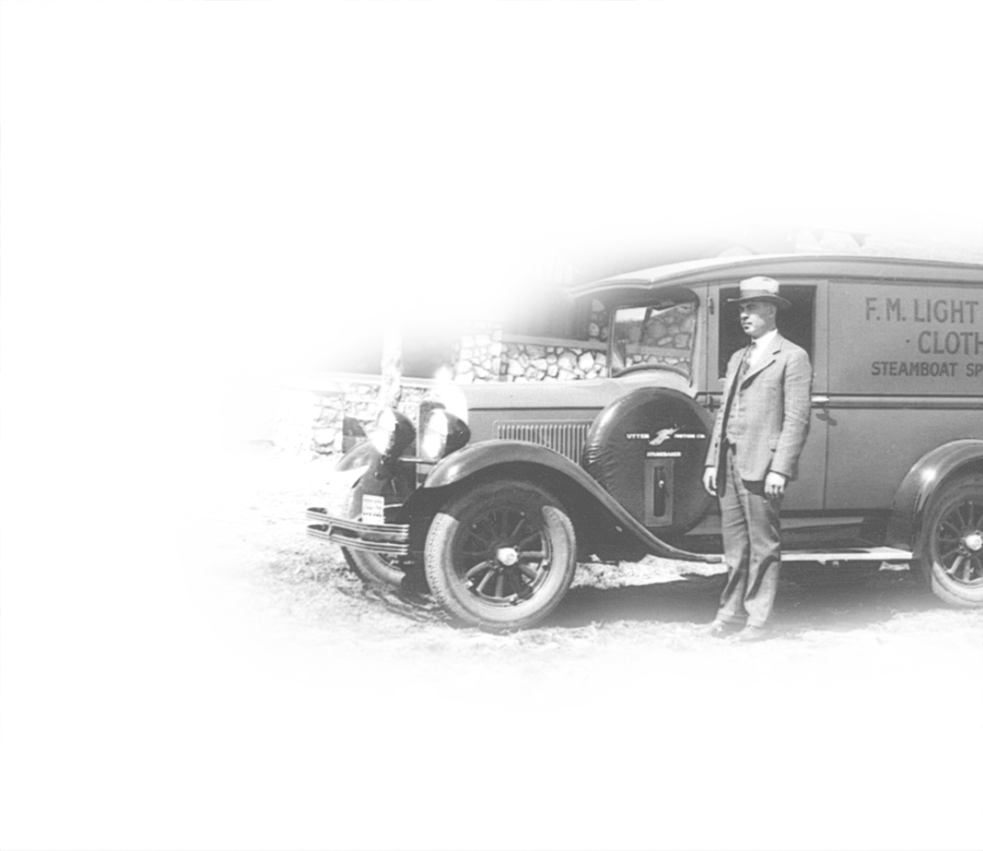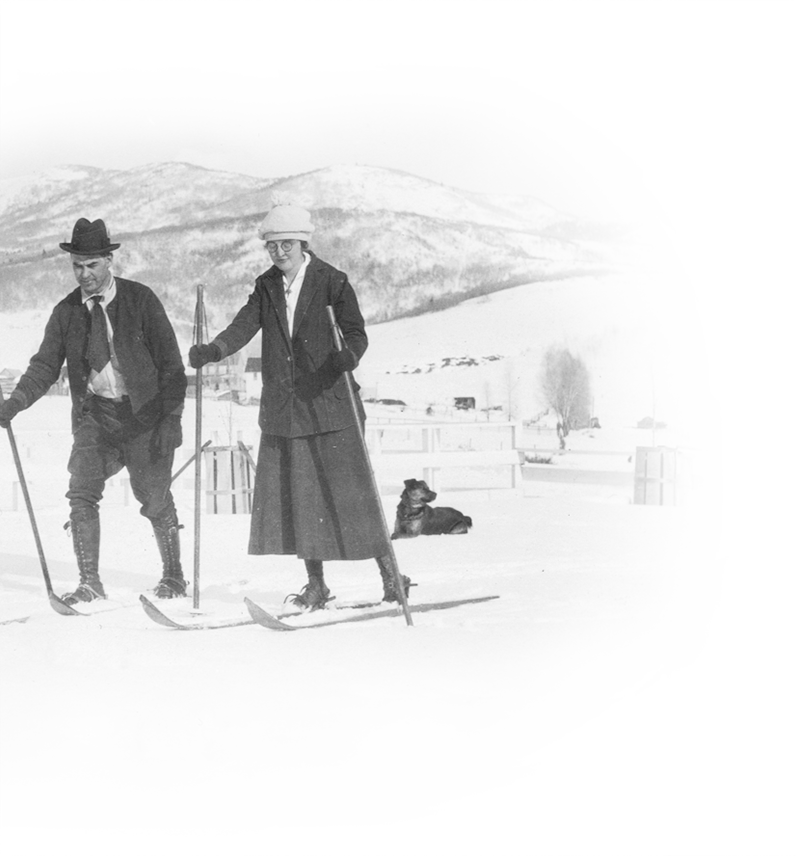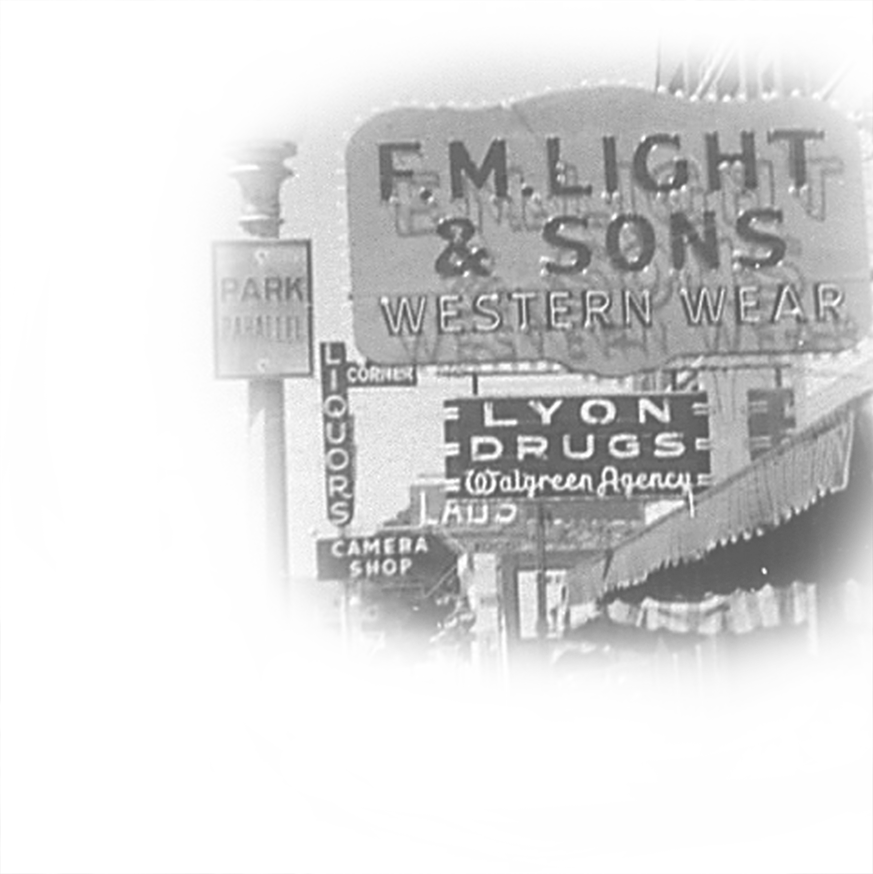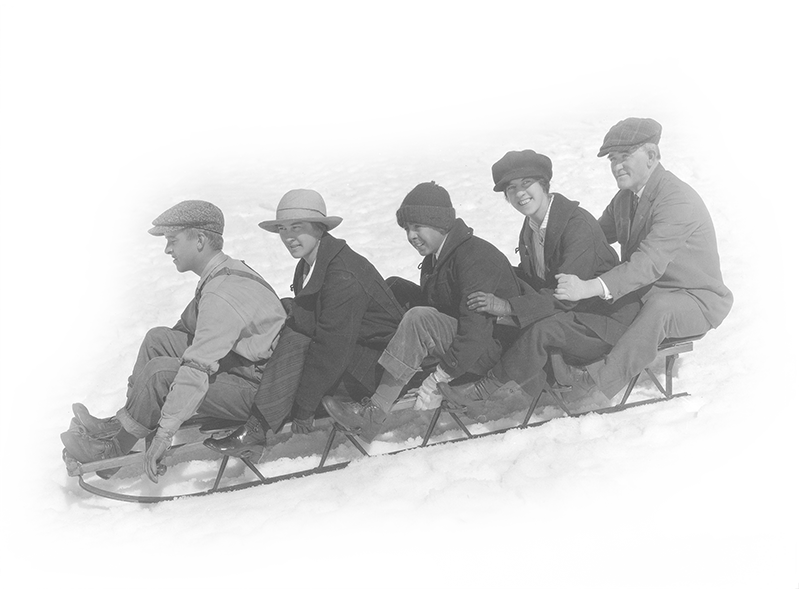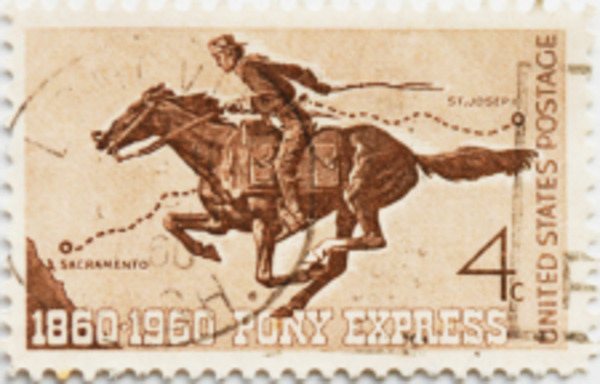
Image via: Wikimedia Commons, public domain
Another Adventurous Endeavor of the Wild West
The Pony Express was founded by three men; William Russell, William Waddell and Alexander Majors. These three were businessmen who had made their money by running stage coaches and freight services to and from government outposts. Seeing the need to keep Americans informed about important events, such as Lincoln’s inauguration, the men wanted a monopoly on government mail contracts. Other mail services providers used the much slower method of delivery by stagecoach. The Pony Express trail used the old freight routes, but utilized them much more effectively by placing relay stations every 10 miles. What kind of person took the job? An adventurous one, no doubt. This wanted ad, although thought to be fake, still paints an accurate picture through its satire of the type of person who would be willing to accept the risks associated with the job:
“Wanted, young skinny, wiry fellows not over eighteen. Must be expert riders willing to risk death daily. Orphans preferred. Wages $25 a week. Apply Central Overland Express.”
Most riders were around the ages of 19 or 20 (except one man; 40 year old Major Howard Egan), who could not weigh over 125 pounds. Most were single, and many were foreign-born. The work was extremely hard – as evidenced by these job descriptions:
- Each rider had is own 75-100 mile route.
- Each route took about ten hours.
- Each rider changed horses about 10 times during a ten hour ride.
- Occasionally a rider would fill in for another – taking on two or three (and sometimes more) routes, resulting in an around the clock ride.
- The pony riders covered 250 miles in a 24-hour day.
- Riders ate while riding.
- The Express went through Kansas, Nebraska, Colorado, Wyoming, Utah and Nevada.
Riders were also held to strict standards; Alexander Majors always presented a Bible to new riders, and the founders required them to take this oath:
“I…do hereby swear, before the Great and Living God, that during my engagement,
and while I am an employee of Russell, Majors & Waddell, I will under no circumstances use
profane language; that I will drink no intoxicating liquors; that I will not quarrel or fight with
any other employee of the firm; and that in every respect I will conduct myself honestly, be
faithful in my duties, and so direct all my acts as to win the confidence of my employers.
So help me God.”
– Pledge of the Central Overland and California and Pikes Peak Express Company owned by the founders of the Pony Express.
While it is doubtful that all riders obeyed this oath, it provides an insight to the men who began the Express.
Some interesting facts:
- Time it took for first westbound Missouri to California trip: 9 days, 23 hours. First eastbound trip: 11 days, 12 hours.
- Between 400 and 500 horses were used
- Only one mail delivery was lost, despite hazards.
The amazing courage and physical strength of the 180 men who reportedly rode for the Pony Express led to an unheard of feat: mail could travel from coast to coast in a matter of ten days. Amazing, isn’t it? Although the Pony Express was never successful, and ran for only 19 months, it still serves as the perfect symbol of the ingenuity, courage, physical strength, and determination of early Americans. At the initiation of the Pony Express on April 3, 1860, a man named Major M. Jeff Thompson said this:
“More than that, I say to you the wilderness which lies between us will blossom as the rose, cities will spring into existence….Mountains will be tunneled, streams bridged and the iron monster…will ply between our confines and those far distant shores.”
He sure was right, wasn’t he?
Some other memorable quotes:
“There were about eighty pony riders in the saddle all the time, night and day, stretching in a long, scattering
procession from Missouri to California, forty flying eastward, and forty toward the west, and among them making
four hundred gallant horses earn a stirring livelihood and see a deal of scenery every single day of the year.”
~ Mark Twain, “Roughing It”, 1872“It was not until December, 1860, that I had an opportunity to ride. The boys were dropping out pretty fast. Some of them could not stand the strain of the constant riding. It was not so bad in summer, but when winter came on, the job was too much for them… My first ride was in a heavy snow storm, and it pretty nearly used me up.”
– William Campbell, 1932. His Pony Express route ran from Ft. Kearney to Big Sandy in Nebraska.“The pony rider was usually a little bit of a man, brimful of spirit and endurance. No matter what time of day or night his watch came on, and no matter whether his ‘beat’ was a level straight road or a crazy trail over mountain craigs and precipices, or whether it led through peaceful regions or regions that swarmed with hostile Indians, he must be always ready to leap into the saddle and be off like the wind!”
– Mark Twain, “Roughing It”, 1872
Sources:
American Cowboy Magazine
Pony Express National Museum Website

